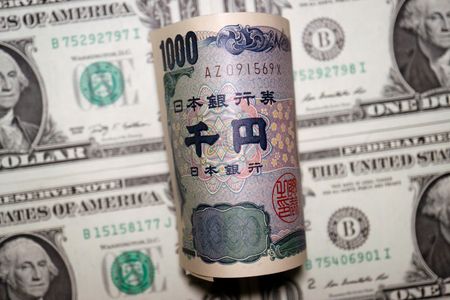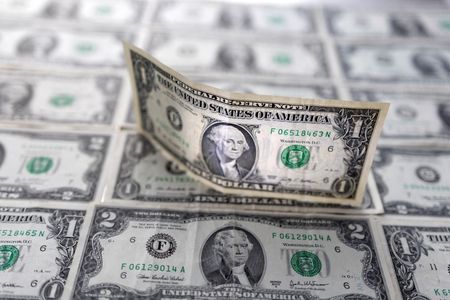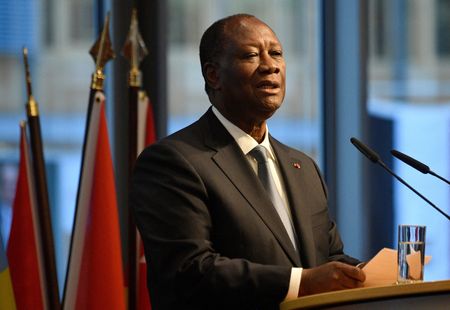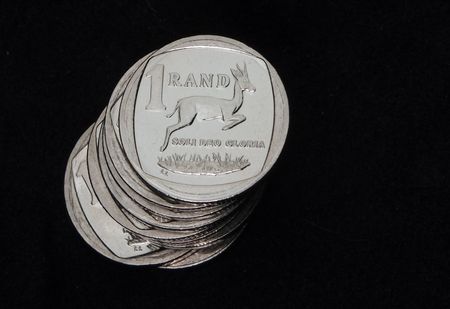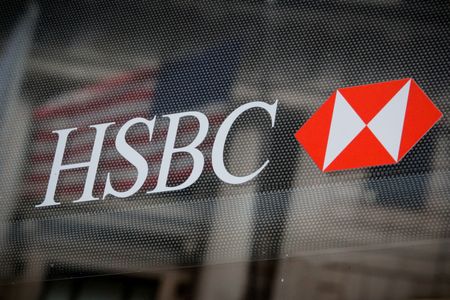By Hannah Lang
NEW YORK (Reuters) -The dollar drifted higher against the yen on Thursday as traders waited for the delayed release of U.S. consumer inflation data on Friday and weighed fresh U.S. sanctions on Russian oil companies, which boosted oil prices.
The U.S. currency was last up 0.38% on the yen at 152.525 yen, while the U.S. dollar index, which measures the greenback against a basket of currencies, was last nearly flat at 98.925.
The week’s main scheduled focus is the inflation data being released despite the U.S. shutdown, to assist the U.S. Social Security Administration with its annual cost-of-living adjustment for 2026.
Although the Federal Reserve’s policy-setting focus has shifted from inflation to the state of the U.S. labor market, the numbers will be closely watched.
“The data will be significant for slightly different reasons to normal. Clearly the Fed has moved on from CPI, but we can still take that data and make some assumptions about consumer spending and growth,” Nick Rees, head of macro analysis at Monex Europe, said.
YEN ON THE SLIDE
New U.S. sanctions on major Russian suppliers Rosneft and Lukoil over Russia’s war in Ukraine sent oil prices up nearly 5% on Thursday, following British sanctions on the same two companies last week.
The U.S. Treasury Department said it was prepared to take further action as it called on Moscow to agree immediately to a ceasefire.
Multiple trade sources told Reuters that Chinese state oil majors had suspended purchases of seaborne Russian oil from the two companies, providing a further boost to prices.
The new sanctions were weighing on the yen, as well as other currencies tied to oil imports, said Marc Chandler, chief market strategist at Bannockburn Capital Markets.
“Japan’s a big importer of oil, and higher oil prices hurt,” he said.
Domestic factors also weighed on the yen, which was heading back towards last week’s seven-month low of 153.29 yen per dollar, which it hit this week after Sanae Takaichi, widely viewed as a fiscal and monetary dove, was chosen to lead Japan’s ruling party.
Now that Takaichi is installed as prime minister, the market is awaiting details of a stimulus package.
“Buying based on policy hopes from a Takaichi government has already run its course,” said Yutaka Miura, senior technical analyst at Mizuho Securities.
“The market is now at a point where it needs to assess concrete policies and their feasibility.”
OIL PRICE RISES
Smaller European currencies also attracted some market attention on Thursday, with the Norwegian crown appreciating on the rise in oil prices. [O/R]
The dollar was last down 0.42% on the Norwegian currency at 9.9717 crowns, dipping below the 10-crown level for the first time in two weeks, while the euro hit a one-month low of 11.568 crowns.
Elsewhere, sterling was down 0.25% at $1.332 having bounced back from some of its Wednesday fall on weaker-than-expected consumer inflation data that caused markets to increase their bets on another Bank of England rate cut this year.
The euro was up 0.06% at $1.162.
The Swiss National Bank’s first published meeting minutes did little to move the franc, which was weaker at 0.7949 per dollar.
(Reporting by Hannah Lang in New York; additional reporting by Alun John in London and Kevin Buckland; Editing by Jacqueline Wong, Kim Coghill, Barbara Lewis, Alison Williams and Diane Craft)

